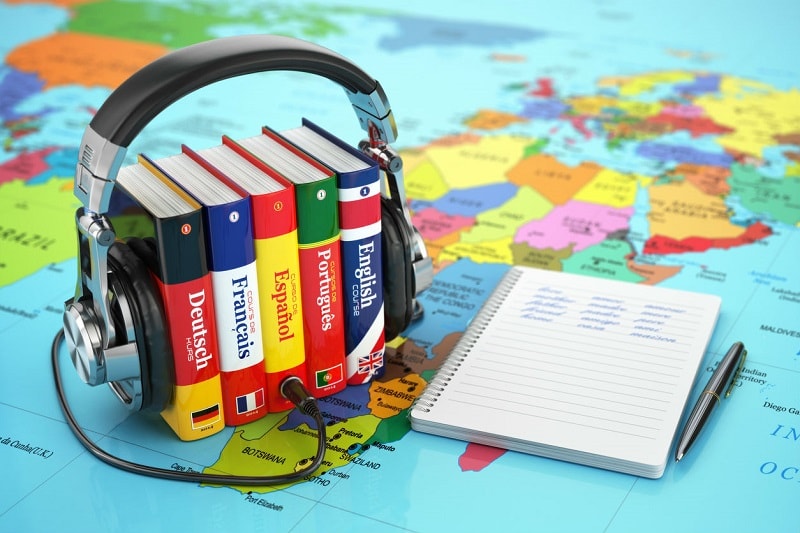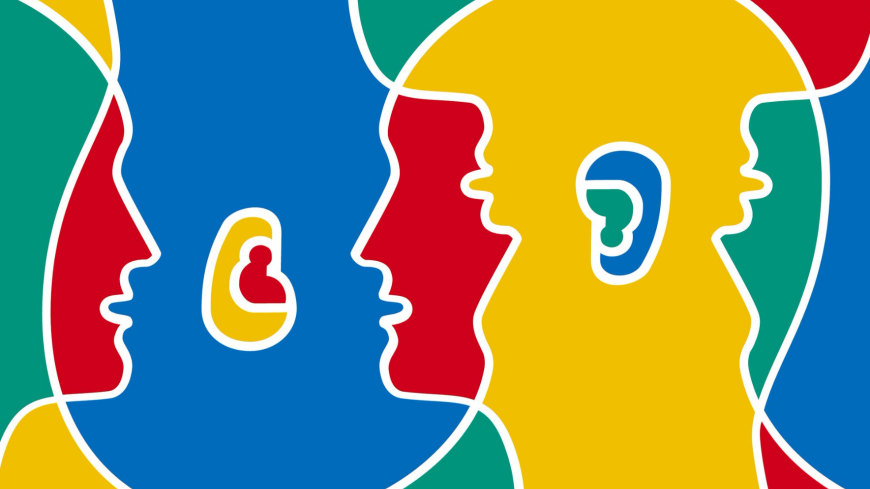In the past, I’ve had some pretty nasty experiences getting insurance in the Philippines. I’ve had to pay large deductibles and copays, paid out of pocket for minor injuries, and have had my claims denied. The last time I got insurance, I was only able to get a policy that cost me an extra $50 a month (after the deductible was covered)! I knew something needed to change.
If you are an expat, or if you have a loved one who is, you know trying to communicate with your native country is not always easy. Fortunately, there are people who specialize in helping the international community understand what their native countrymen are saying. These people are called interpreters or translators, and they are in high demand.

It’s been a while since I’ve posted an intro to a blog post, so today I’ll be looking at a different topic. The topic is translation. Most people think that this is a simple process: you speak your language, someone else speaks the language you want to learn, you translate your message, then the speaker responds back to you in the correct language. That’s how it works in movies, right? Well, that’s what you’d think if you don’t know any other languages.
My head has evolved into a whirling, bubbling jumble of foreign words after almost 18 months on the road, with visits home spanning luxuriously lengthy periods of travel. Like most travelers I know, I attempt to learn the fundamentals of a new country’s language at the very least: how to say “hello” or “thank you,” how to ask “why” or “where,” and in Asia, how to pronounce “dumpling.” Because there’s food involved. But, no matter where I am on the planet, the first genuine phrase I strive to learn is how to say “no problem.”
No Problem: What You Need in a Hurry is a translation of No Problem: What You Need in a Hurry.

When you’re deeply involved in the turmoil of a new nation, it may be tough to really experience the “no problem” attitude. Keeping your calm when you’ve just come off an overnight bus, have no clue where you’re staying, and are also ravenously hungry, for example, may be an intriguing test of personal tolerance. But I’ve discovered that equipping myself with my preferred mode of expression goes a long way toward breaking the ice and making a new acquaintance in an unfamiliar environment.
No problem, the man in the flip flops isn’t impressed, but he’s still selfie-ready.
The Lion King popularized hakuna matata, the Swahili equivalent of “no concerns,” which has been ingrained in the vocabulary of every kid who has seen the film. In Thailand, my usage of the phrase mai-pen-rai (pronounced nearly slurredly, as if the “r” were a “l”) elicited laughter from the ladies and a beaming grin from the gentlemen.
The phrase tak apa* combined with a smile was ideal to defuse any situation in Malaysia, where the language is delightfully enjoyable to learn, and typically earned me a discount on my accommodation. And in the Philippines, where regular readers know I experienced a number of transportation adventures (typically by boat), saying bahala na with a huge shrug of the shoulders brightened the atmosphere and almost always resulted in a dinner invitation.
There is one drawback: I’m afraid to say that the Kryptonite of ice-breakers isn’t for everyone. In the Gili Islands, this is the goat that pursued me up the street.
If only it was the same for animals.
Goat.
*Tak apa literally means “no what,” and I’ve started saying “Oh, it’s no what” in English instead. instead of no issue This, coupled with my enthusiastic adoption of “can!” anytime I agree with anything/believe something is feasible (from Bahasa’s boleh), has me sounding like a muppet when I talk.
You’ve submitted a translation of No Problem!

Chinese: Mei wenti. Irish: Gan imní. Spanish: Esta bien, no hay problema, or sin problema. French: pas de soucis, and Quebec French: pas de trouble. Latin: Nil desparandum. Korean: gwen-chan-ah. Inuktitut: isumaalunngittuq (I have awesome readers!). Egyptian: wala yehemmak. Turkish: sorun değil. Estonian: ei ole midagi. Bahasa Indonesia: nggak apa-apa or gak apa-ap. Lao: Bo panang. Japanese: Nandemonai Jamaican: Irie Mon Urdu: Koi baat naheen. Hebrew: Ein Ba’aya. Slovenian: Ni problema. Serbian & Croatian: Nema problema. Dutch: Geen zorgen. Russian: Нет проблем (Nyet prablem). German: Keine Sorge. Arabic: ما في مشكله (Mafee Mushkila) Cantonese: Mou man tai Greek: Kanena provlima Lithuanian: Nesirupink Italian: Non ti preoccupare Swedish: Det är lugnt Tamil: Onnum illai Armenian: Venas Tchouni Hungarian (mix and match!) nem (no)/semmi (nothing) + probléma/baj/gond (problem/worries) Danish: Det var så lidt (=”It was so little”) Klingon: Qay’be’ Pig Latin: Oh-nay orries-way Bee Bop: Nop-o Wop-o-rop-rop-i-e-sop. Bureaucratese: “Up to this point, no particular concerns have been formally identified with the proposal as such.”
In the United States, a number of services exist to help people understand the legal language of legal documents. One such service is the Lawyer’s Amendment Service (LAS), which helps you understand what a document means when you encounter a word or phrase that is too difficult. Last week, I was leaving a hotel in Toronto, and saw a sign that referred to the ‘road’ outside the hotel as ‘unit-unit road’. Although I had no idea what the sign meant, I assumed that it was a misprint. However, after arriving at my destination, I read some of the comments on a news website, which explained that it was proper English—the word had been changed to ‘unit-unit road. Read more about non forsit and let us know what you think.




